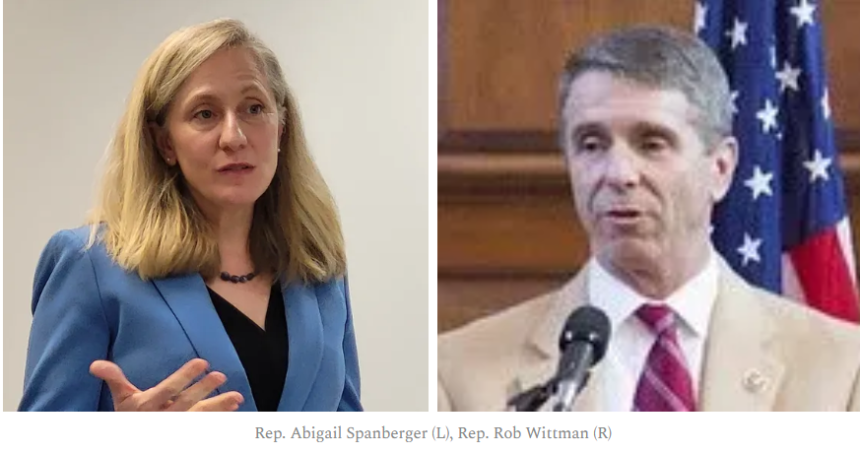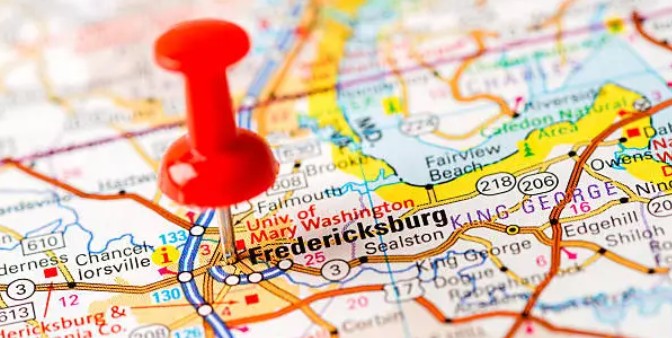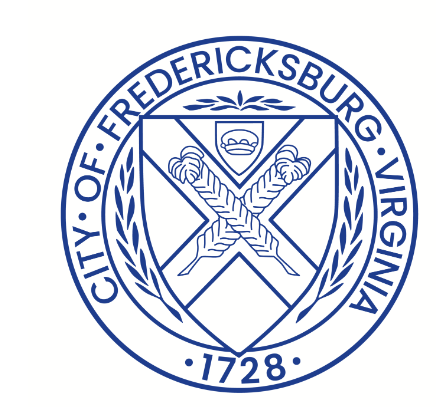
Five new wayside panels will debut in Fredericksburg next month as part of the community’s commemoration of Black History Month, representing further steps taken towards telling a more complete history of the area.
The new panels include one about Johnny Johnson, the longtime beloved local artist, teacher and mentor; one about the Manahoac indigenous tribe; one about the 1935 Walker-Grant building, which housed the first and only public school for Black students; one about Decoration Day, a precursor to modern day Memorial Day celebrations; and one about Dr. W. L. Harris, a dentist and entrepreneur who built more than 35 houses in the Mayfield neighborhood to provide affordable housing for local African Americans unable to secure bank loans.
The panels will be unveiled on February 3 as part of a series of events commemorating Black History Month and presented by the Fredericksburg Area Museum.
The content and design of the panels was a collaborative effort involving Gaila Sims, curator of African American History and Special Projects at the museum; Beth Parnicza with the Fredericksburg and Spotsylvania National Military Park; John Hennessey, retired chief historian with the park service; Christine Henry, associate professor of historic preservation at the University of Mary Washington; Will Mackintosh, City Councilor and associate professor of history at American studies at UMW; and other community members.
The group recently inventoried all of Fredericksburg’s wayside panels for “content and condition,” Sims said, and made a commitment to introduce five new panels and revise 10 existing panels every year for the next three years.
The museum will host a reception on February 3 at 1:30 to celebrate the new panels, followed by a trolley tour to visit each of the sites, where the panels will be introduced by different community members with ties to the subjects of the panel.
Space on the trolley is limited, so the museum will host two other trolley tours, one on February 10 and one on February 17. Reserve a seat at Eventbrite.
Harris will be the sole subject of another Black History Month event—a panel discussion at 6 p.m. at the Fredericksburg Food Coop titled “Dr. W.L. Harris: Dentist, Builder, Entrepreneur, and Community Leader.”
Harris, born in 1889, was a traveling dentist who took his practice around the area. He was also an entrepreneur who built the Hotel McGuire, which was located on Princess Anne Street immediately south of Shiloh Baptist Church (New Site). The 40-room hotel was included in the Green Book, a guidebook for Black tourists traveling through the segregated south.
In addition, Harris was a real estate developer who was passionate about providing affordable housing opportunities to Black families who often struggled to get bank loans due to discriminatory lending practices, Sims said.
Sims will be joined by community members who knew Dr. Harris—Willie “Sonny” Holmes and sisters Marceline Catlett, superintendent of city schools and School Board member Malvina Rollins Kay—for the panel discussion.
Sims, along with Joy Crump, chef at Foode, will kick off the Black History Month series with a talk on February 1 on “Fredericksburg Foodways: Past and Present.”
The conversation, held at the 718 Venue and sponsored by the Fredericksburg Free Press, also launches the Fredericksburg Food History Project, an initiative leading up to an exhibit on the city’s food history at the museum in 2026. Sims—who was formerly a food history intern at the Smithsonian Institution—said the talk and future exhibit will explore “the ways in which the foods we eat now are informed by community, history and people.”
“Relationships are formed through this thing—food—that we all need,” she said.
The final Black History Month event is a virtual talk on “African American Women in Fredericksburg, Spotsylvania, and Stafford History,” presented by Sims on February 23 as part of the Central Rappahannock Regional Library’s “Lunch and Learn” series.
Sims will share individual stories of Black women in Fredericksburg, Stafford, and Spotsylvania, beginning during enslavement with Ellen Mitchell, Sarah Tucker, and Maria Richards, continuing into the twentieth century with activists Gladys Poles Todd, Mildred Brown Queen, and Mamie Scott, and culminating with contemporary leaders Dr. Marci Catlett, Gaye Adegbalola, and Juanita Shanks.
More information about these events and links to register are at the museum’s website.
by Adele Uphaus
MANAGING EDITOR AND CORRESPONDENT





